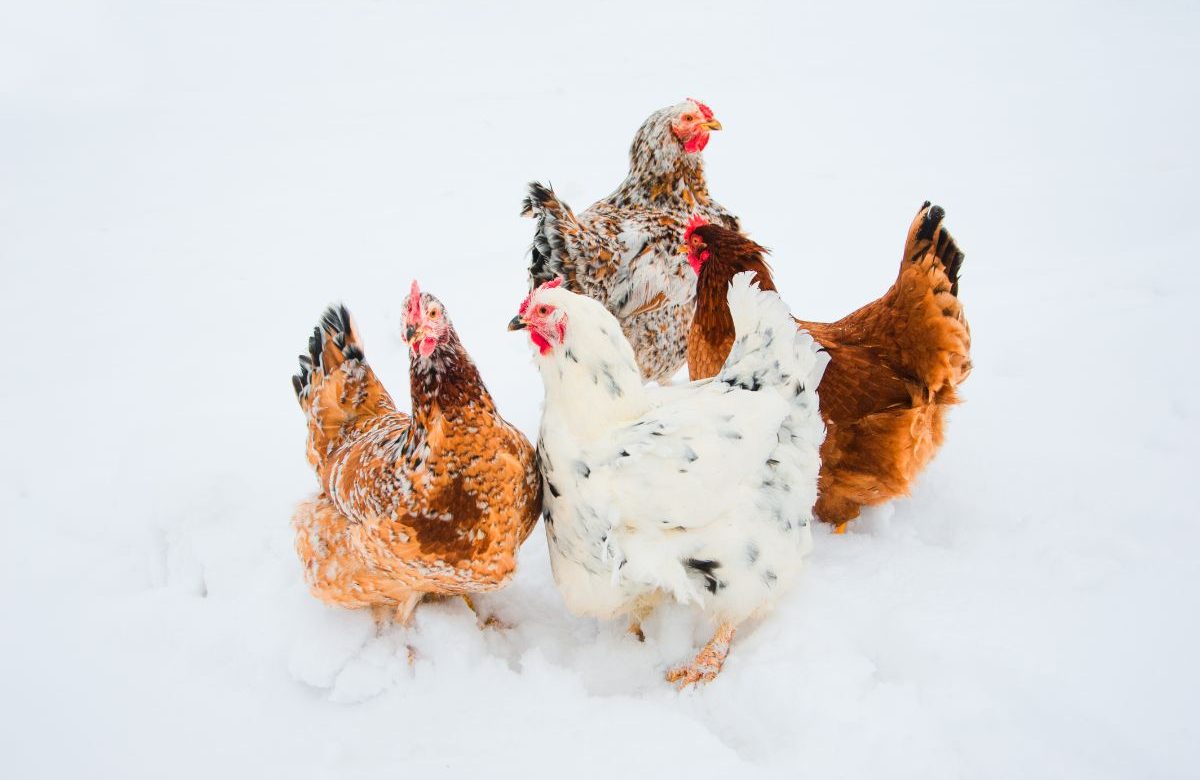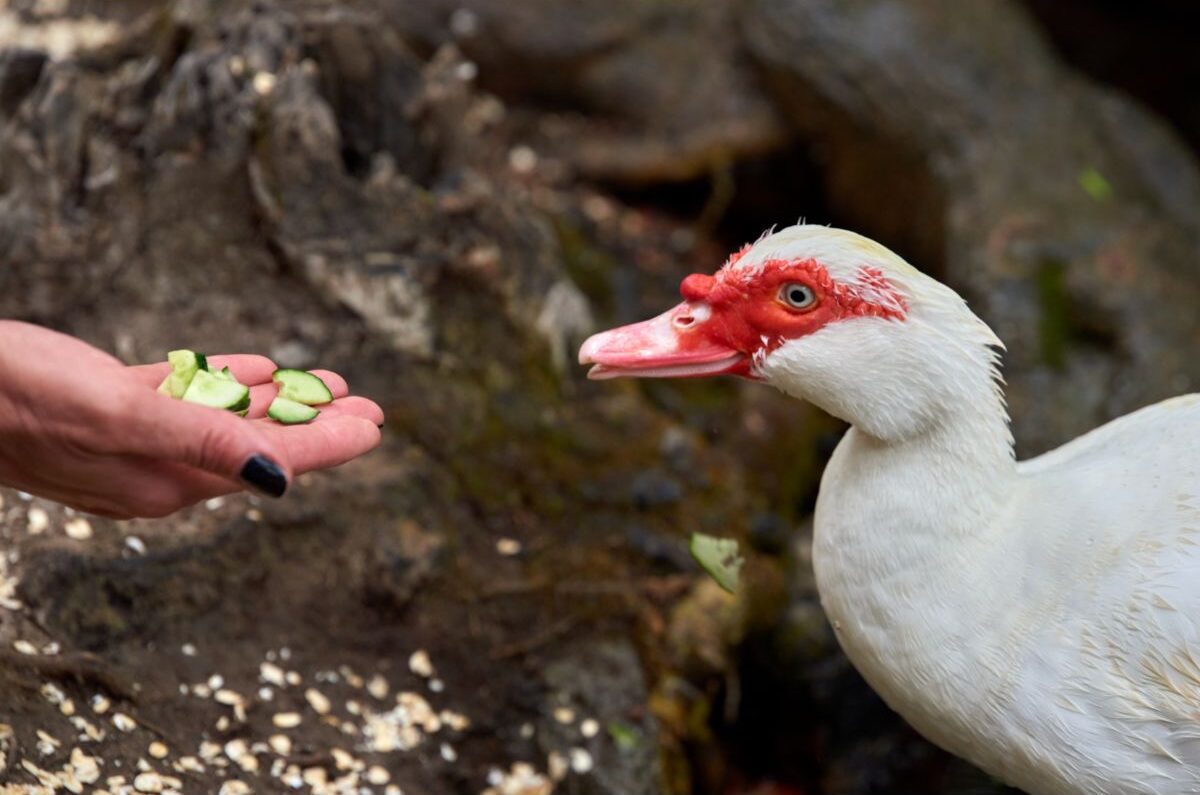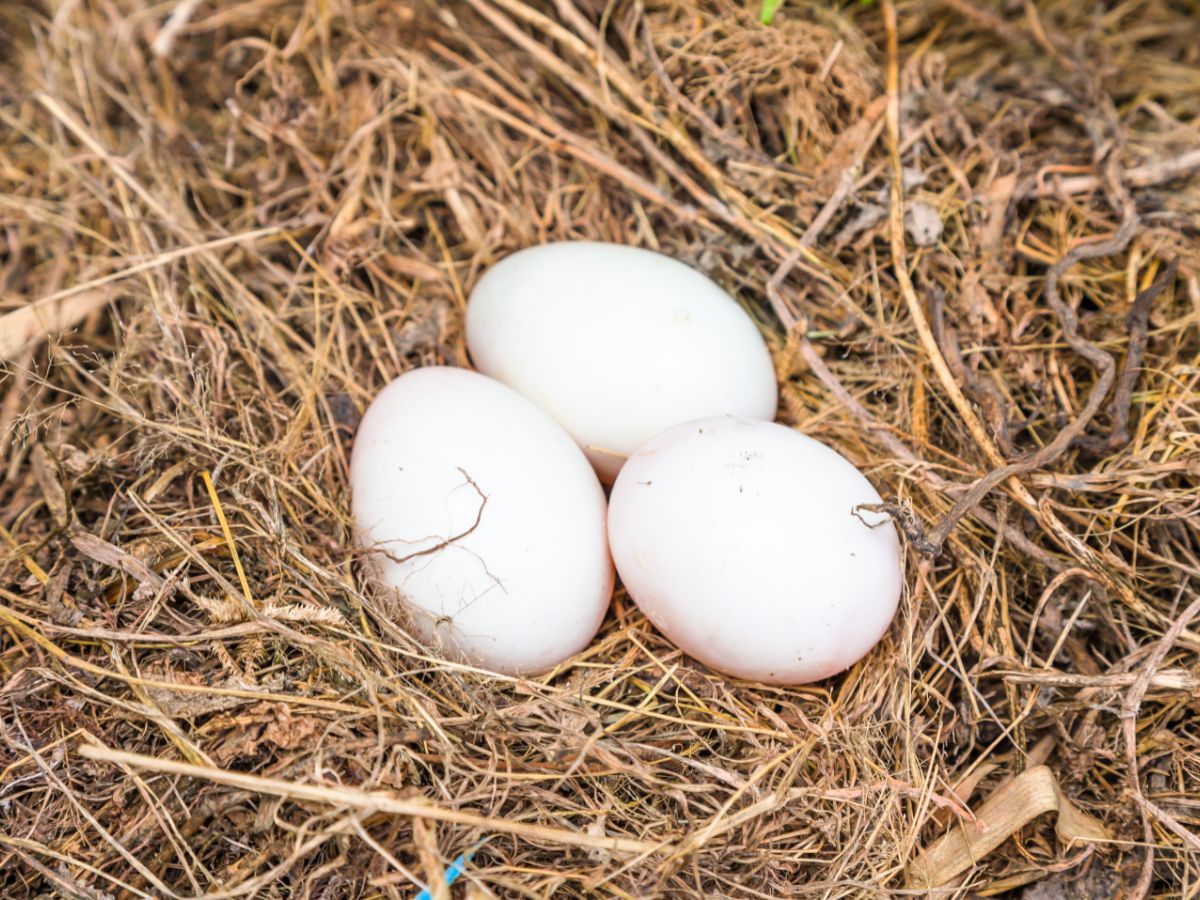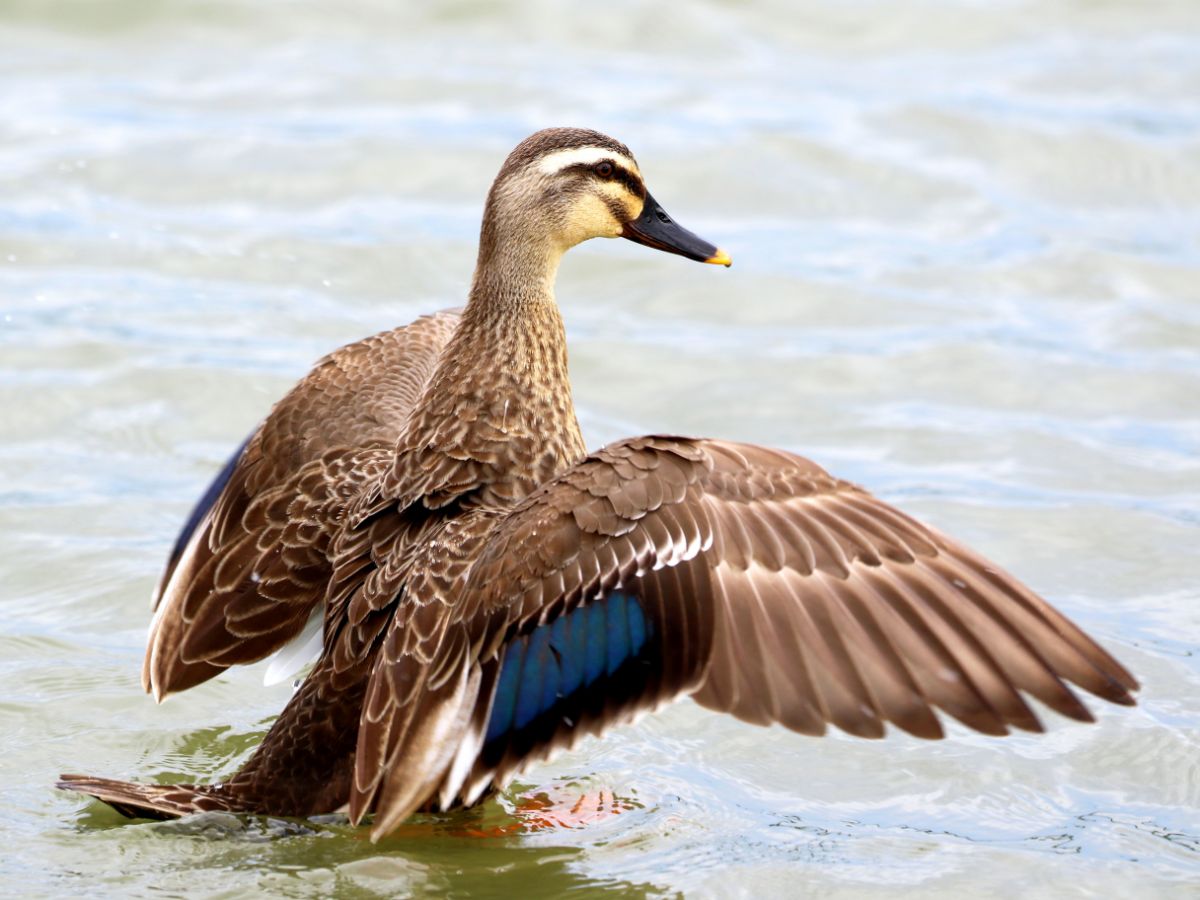If you are getting ready to go through the first winter with your chickens, it’s important to know that during the cold winter months, chickens will start laying fewer eggs as the daylight becomes shorter. I had no idea about this seasonal change, and I had to ask an expert how to help keep chickens laying eggs during the winter.
The best way to keep your chickens laying eggs in winter is to extend their daylight. One efficient way is to take your chickens inside the coop at dusk and use artificial lights to ensure they get at least 14 hours of sunlight. Chickens need between 12-14 hours of daylight to keep laying eggs.
When keeping chickens, it’s important to know how to keep your chickens laying eggs in the colder months. I was unsure of how to do this and had to contact a chicken farmer with years of experience to help me. He gave me valuable information I wanted to share with other chicken owners.
Contents
How To Keep Chickens Laying Eggs During The Winter?
The change in seasons affects a chicken’s egg-laying ability. The cold weather in the winter means shorter days and less sunlight. Chickens need to be exposed to at least 12-14 hours of daylight each day to keep regular ovulation and egg-laying at an optimal level. So, you must ensure your chickens’ daylight hours are extended.
There are a few steps you can take to keep the chickens laying eggs during the winter months. Here are some of the best ways.
Step 1 – Free Ranging Your Chickens
To help the chickens get as much sunlight as possible and save money on power, you should let your chickens go outside in the natural sun and bring them in when the sun starts to set at dusk. The natural light and fresh air will keep the chickens healthy. Ensure they have a covered shelter to get out of the cold air.
Step 2 – Use Artificial Lights To Trick Reproductive System
One of the best methods to getting your chicken the added daylight hours it needs to encourage regular egg production is to add artificial lights to the chicken coop. You can add two artificial lights to the coop to help stimulate the chicken’s reproductive tract; one to use regularly and one to go on if the other should break.
You must turn them on as soon as the sun sets so the chickens won’t get stressed; you can set the timer to go on and off, ensuring the timer goes off when the chickens have had 14 hours of sunlight and artificial light. A 40 watt lightbulb should provide the right amount of power for a 10 x 10 chicken coop, but don’t use a fluorescent bulb.
Ensure the chickens aren’t exposed to more than 15 hours of light between the regular and artificial sunlight, as it will influence their hormones and cause their reproductive system to shut down entirely.
Step 3 – Ensure Your Chicken Is Well Hydrated
To ensure your chickens lay during winter, you must keep them hydrated. Hydration is vital to healthy egg production. A chicken’s body and the eggs they lay are made up mostly of water, so they need to replenish it constantly. Give them clean, fresh water during the day, as even the slightest dehydration will cause them to stop laying eggs.
Step 4 – Give The Right Kind Of Chicken Feed And Treats
When the winter arrives, there is one last thing we can do to keep our chickens warm and encourage them to keep laying eggs; give them the right feed and supplements. During winter, your chickens will burn more energy to keep warm and keep up egg production.
Giving your chickens their normal feed and a protein supplement will help them by increasing the core temperature of the chicken and helping them stay warm and burn less energy, so their bodies can lay more eggs. One way is to add high protein scratch feeds to their daily routine.
Why Does Winter Affect A Chickens’ Egg-Laying Ability?
There are two main reasons why chickens stop laying eggs during cold winter months. A chicken’s reproductive tract uses ‘photoperiod’ (light stimulation) to ovulate regularly and lay eggs. When the day gets shorter than in winter, a chicken’s body needs to burn more energy to keep warm, thus needing extra energy to ovulate and lay eggs.
The other reason a chicken’s egg-laying ability slows down or stops in winter is that it knows chicks can’t survive the harsh winter cold, as chickens lay eggs merely to reproduce. That is why the chicken’s body encourages it to rest and survive the winter.
So, when the sun starts to set earlier, the chicken’s body slows down the ovulation process and thus the number of eggs the chickens lay. Where you might have gotten 14 eggs from your flock, you might get 1-2 if you’re lucky during winter if you don’t take measures to encourage regular egg production.
Should Chickens Lay Eggs During Winter?
Many backyard- or hobby chicken keepers have a difficult question: whether they encourage their chickens to lay eggs during winter. The main conflict they face is that while they like having year-round eggs, they also want their chickens to be healthy and to give their bodies a rest. Some chicken owners don’t mind if their egg production drops.
They don’t want to force their chickens to lay eggs during the winter, so they let them rest. They keep an eye on them to ensure they are well cared for, but they don’t add artificial lights or change their feed for egg-laying purposes. As it stands, the choice is up to the individual; as long as your chickens are healthy, that is all that matters.
Conclusion
Deciding whether or not to help your chickens keep laying eggs regularly during winter is a personal choice and depends on your family’s needs. You can get artificial lights with timers, give your chickens enough outdoor time, and give them the right kind of food, supplements, and water. You must not use the artificial lights for too long as it will interfere with the chickens’ hormones.




